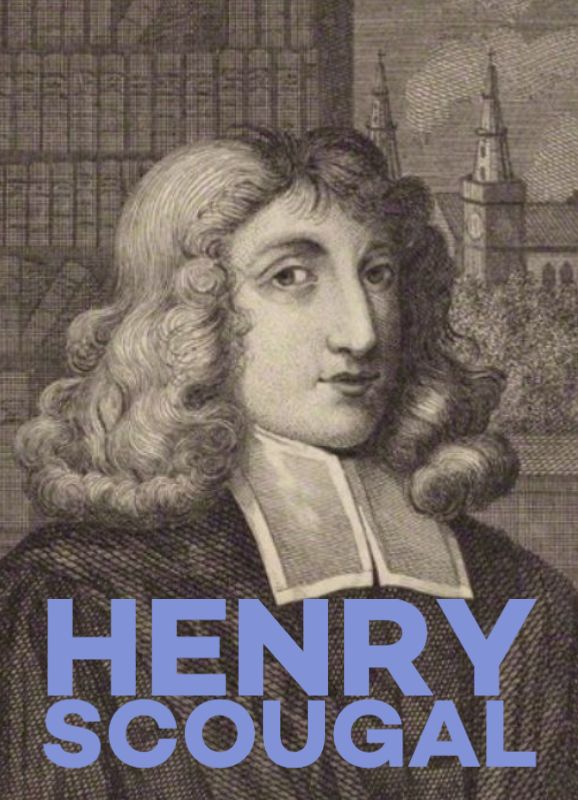Henry Scougal (1650-1678) was a young Scottish minister who God gifted with a beautiful intellect that resulted in him writing much during his short lifetime and influencing many future ministers. Scougal was the son of Patrick Scougal, a bishop of Aberdeen, and was educated at King’s College, Aberdeen, where he graduated with a Master of Arts at the age of 18. As a gifted academic he was soon appointed as a professor who taught Baconian (Francis Bacon) philosophy and guarded his students against the liberalism of Thomas Hobbes’s philosophy.
Scougal was ordained in 1672 and was appointed minister of the parish of Auchterless, Aberdeenshire. A year later he was elected by the bishop and synod professor at King’s College to be a professor and he chose to focus his efforts in the area of academia rather than a pastor of the church in Auchterless. Scougal made it his goal to impress on the students the importance of holiness as most of these men were to be ministers for the Gospel. While he did teach theology with academic rigor, his main focus was on character development. While he was not teaching he was often writing and only one book was published in his lifetime with many other writings released after his death. His most famous The Life Of God In The Soul Of Man was written to a friend to explain Christianity and give Christian counsel. Along with being a writer and professor, Scougal was also noted for his commitment to Scripture of which his comprehension was increased by his proficiency in the ancient languages of Latin, Hebrew, and Greek.
Henry Scougal never married and died at the young age of 28 from tuberculosis on 13 June 1678. He was buried in the university chapel at King’s College. Scougal’s The Life Of God In The Soul Of Man had a major impact years after his death. Some of the famous preachers during the Great Awakening, including Charles Wesley and George Whitefield, found Scougal’s writings to be edifying and encouraging. Whitefield greatly benefited from Scougal’s teaching on the doctrine of free salvation which he desired to be a focus of his teaching. It was actually the book that convinced Whitefield that he “must be born again, or be damned.” Whitefield testified that he “never knew what true religion was” until he read this book. The Life of God In The Soul of Man was also a favorite of John Newton.
Despite a short life, God used Henry Scougal mightily to educate people on the importance of God’s free gift of salvation and the importance of living a holy life in a manner that honors Christ.
“Christians know by experience that true religion is a union of the soul with God, a real participation in the divine nature, the very image of God drawn upon the soul, or, in the apostle’s phrase, “it is Christ formed within us.” ― Henry Scougal, Life of God in the Soul of Man

